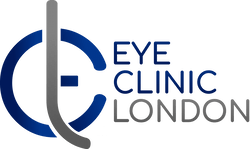Laser Eye Surgery for Patients Over 50: Is It Still Worth It?
2025-12-05T11:12:30+00:00If you’re over 50 and considering laser eye surgery, you might be wondering whether the treatment is still worth it for someone at your stage of life. You may have heard mixed messages that laser surgery is ideal for younger people, or that age-related changes like presbyopia make it less beneficial after 50. The truth is far more flexible. Many people in their fifties enjoy excellent results with laser eye surgery, but the right choice depends on your eyes, your











